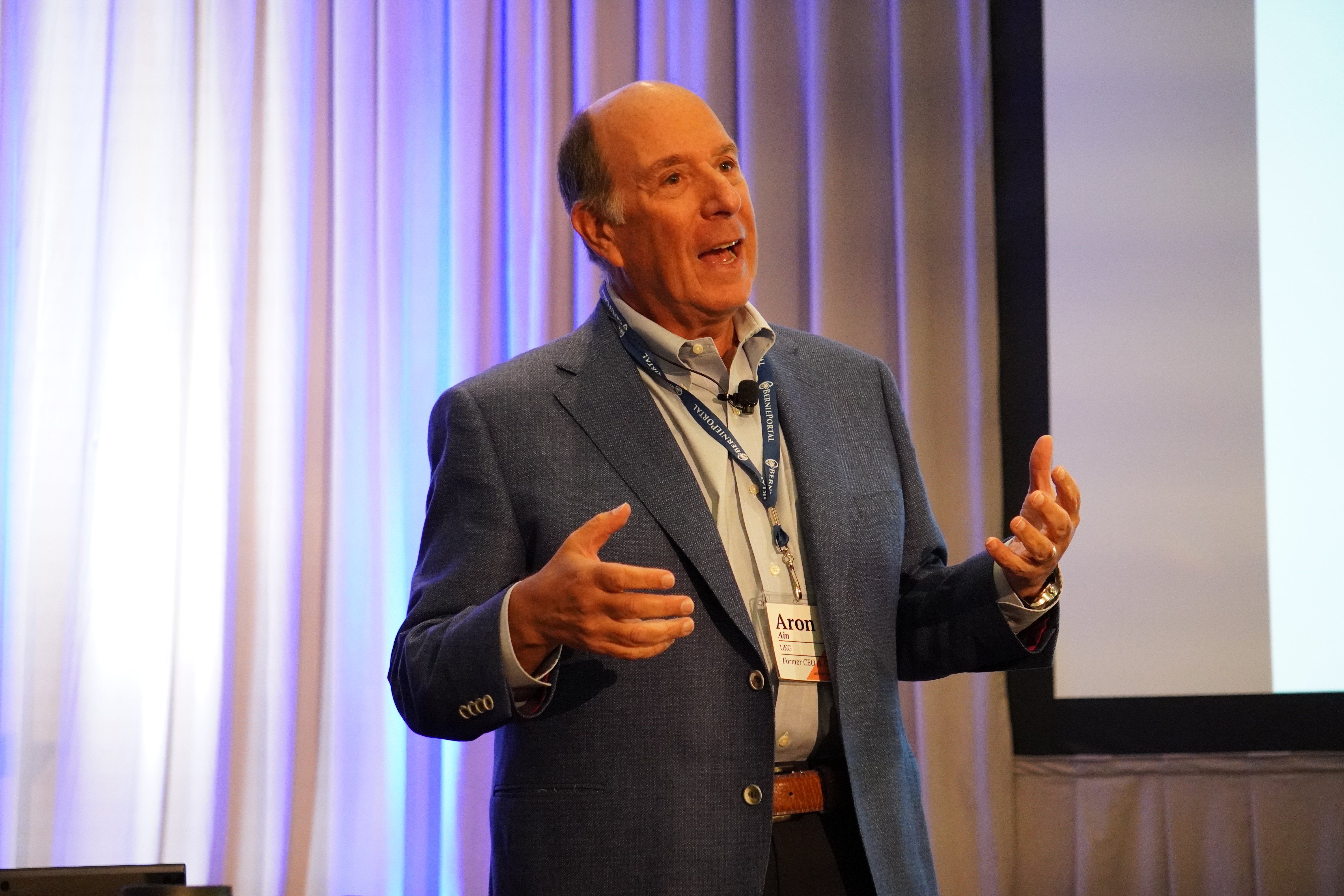Written by
Bretton Chatham
Bretton is an aPHR-certified member of the Marketing Team at Bernard Health. He writes about HR, compliance, and benefits solutions.
DOL Warns Employers Against Crypto Investments in 401(k) Plans

Many firms like Fidelity Investments have been willing to bet on Bitcoin and other alternative currencies—at least as an offering for 401(k) plans. Since April, however, the crypto sector has lost almost $1 trillion in value, seeming to justify the Department of Labor’s earlier warning against employers allowing cryptocurrency investments in 401(k) plans.
Citing employer’s “fiduciary responsibilities” under ERISA, the DOL’s cautionary stance on crypto investments has been particularly strong. So, here’s what employers need to know about ERISA, the DOL’s guidance, and why some employers are willing to risk it anyway.
Note: This article has been updated to reflect ForUsAll's recent lawsuit against the DOL for issuing the guidance in lieu of formal regulation.
What Is ERISA?
ERISA stands for The Employee Retirement Income Security Act of 1974, a federal law that establishes the minimum standards for most retirement and healthcare plans in the private sector. Enforced by the DOL through the Employee Benefits Security Administration (EBSA), the law is designed to protect employees who enroll in these employer-sponsored benefits.
Employers who administer ERISA-qualified plans are called “fiduciaries” and bear responsibility for compliance. Unlike Affordable Care Act (ACA) requirements, ERISA applies to employers of all sizes who offer qualified plans. Noncompliance can be costly.
ERISA covers any retirement plan that provides either retirement income in the future or the opportunity for employees to contribute current wages to retirement—such as a 401(k) plan.
Plans covered under ERISA also include:
- Major medical plans
- Dental
- Vision
- Prescription benefits
- FSAs
- HSAs
- Specific EAPs
- Wellness programs
- Cancer policies
Plans that do not fall under ERISA primarily include pensions or other plans provided by the United States government, state or local governments, and churches.
What Is the DOL’s Recent Guidance on Cryptocurrencies in 401(k) Plans?
While not prohibiting crypto investments outright, the DOL issued guidance in early March warning retirement plan sponsors to “exercise extreme care before they consider adding a cryptocurrency option to a 401(k) plan's investment menu for plan participants.”
The DOL’s announcement came on the heels of President Biden’s Executive Order on Ensuring Responsible Development of Digital Assets, the first step in regulating cryptocurrencies, non-fungible tokens (NFTs), etc.
The rationale behind the federal agency's decision, according to the DOL, is that fiduciaries under ERISA have “prudence and loyalty obligations” to “act solely in the financial interests of plan participants,” a responsibility the courts have referred to as the “highest known to the law.”
The DOL cites a recent Supreme Court decision to explain further:
[E]ven in a defined-contribution plan where participants choose their investments, plan fiduciaries are required to conduct their own independent evaluation to determine which investments may be prudently included in the plan's menu of options.
In other words, employers may be on the hook for a potential breach of fiduciary duty if they so much as allow 401(k) participants to make voluntary volatile investments—such as cryptocurrency.
In its March guidance, the DOL gives five reasons it believes crypto investments “present significant risks and challenges to participants’ retirement accounts”:
- Crypto investments are speculative and volatile, according to the Securities and Exchange Commission (SEC).
- It is challenging for plan participants to make informed decisions about crypto investments.
- Crypto investments present inherent custodial and recordkeeping concerns for fiduciaries.
- Cryptocurrency valuations are “complex and challenging,” and experts disagree on proposed models for valuing them.
- The regulatory environment for crypto markets is evolving, and according to the Financial Industry Regulatory Authority, “[a]buses could impact consumers and speculators.”
In light of these concerns, the DOL has directed EBSA to target 401(k) plans that offer crypto investments for further investigation. Fiduciaries will be expected to show how they can uphold “their duties of prudence and loyalty in light of the risks described.”
Why Are Some Still Willing to Bet on Crypto Investments in 401(k) Plans?
To be clear, according to SHRM, most large institutional investors, such as defined benefit pension plans, have been slow to embrace crypto investments. However, employers have been feeling increasing pressure from top talent to offer the benefit option for recruitment and retention.
Despite the DOL’s warning to fiduciaries—and the recent “crypto winter”—Fidelity Investments has been willing to stand by their April decision to offer Bitcoin in their 401(k) options. In fact, the firm recently announced it would hire 100 customer service employees and 110 tech workers to accommodate the anticipated demand, even after an EBSA representative publicly acknowledged it would be investigating the move in accordance with the DOL’s recent guidance.
In early June, retirement plan provider ForUsAll sued the DOL for overstepping its bounds in issuing the warning. The suit alleges that the DOL violated federal law by not following the formal rulemaking process, which includes a notice with the opportunity for public comment.
So, why risk it? Fidelity and ForUsAll may have been among the first investment firms to test the waters, but others are certainly willing and waiting to see how the situation plays out, hoping to offer the option to their plan sponsors soon. It's an attractive benefit to top talent in a competitive labor market.
This is yet another example of the lengths employers are willing to go to win the war for talent in the wake of the Great Resignation.
Additional Resources
You can stay informed, educated, and up-to-date with important HR topics using BerniePortal’s comprehensive resources:
- BerniePortal Blog—a one-stop-shop for HR industry news
- HR Glossary—featuring the most common HR terms, acronyms, and compliance
- HR Guides—essential pillars, covering an extensive list of comprehensive HR topics
- BernieU—free online HR courses, approved for SHRM and HRCI recertification credit
- HR Party of One—our popular YouTube series and podcast, covering emerging HR trends and enduring HR topics
Written by
Bretton Chatham
Bretton is an aPHR-certified member of the Marketing Team at Bernard Health. He writes about HR, compliance, and benefits solutions.
Related Posts
We just wrapped up another phenomenal Weekdays with Bernie (WWB) Conference!
Employees are the heart and soul of an organization, and valuing their opinions can have...
HR parties of one already have an abundance of tasks to keep up with. From hiring to...
The talent search is no longer a skirmish or a battle. It’s a WAR! As a strategic HR...







Submit a Comment